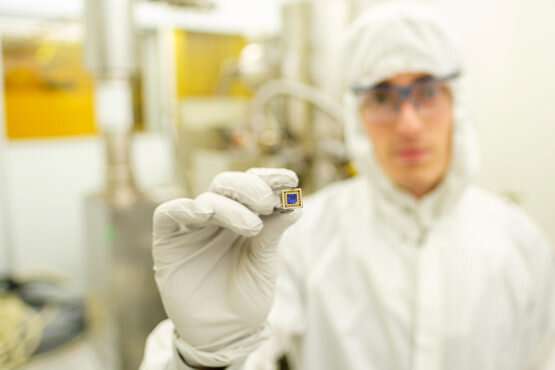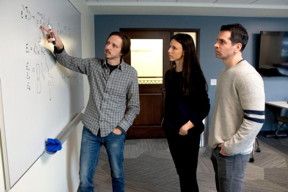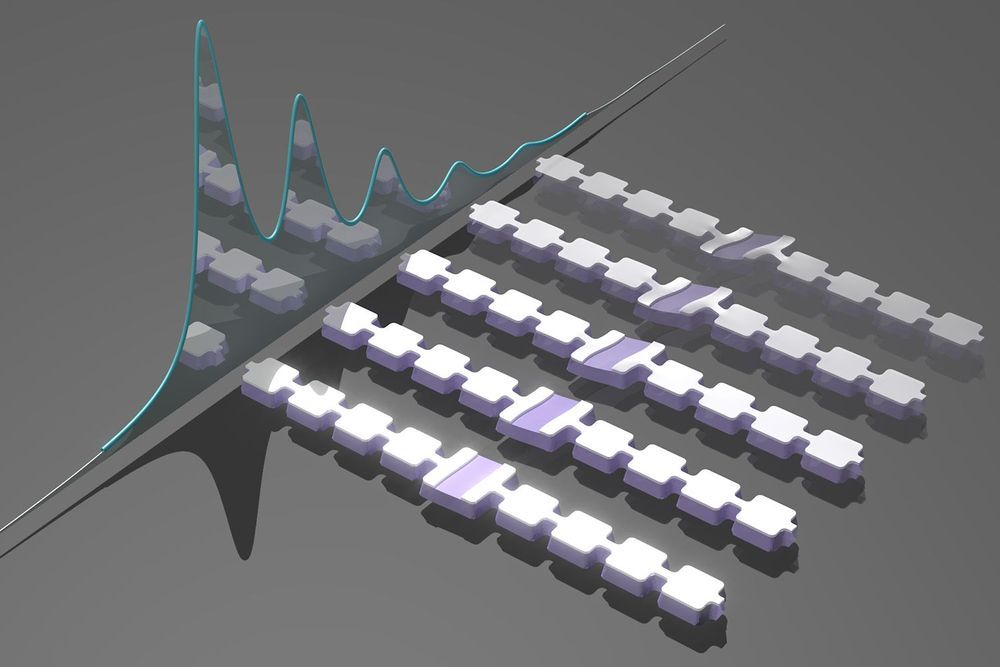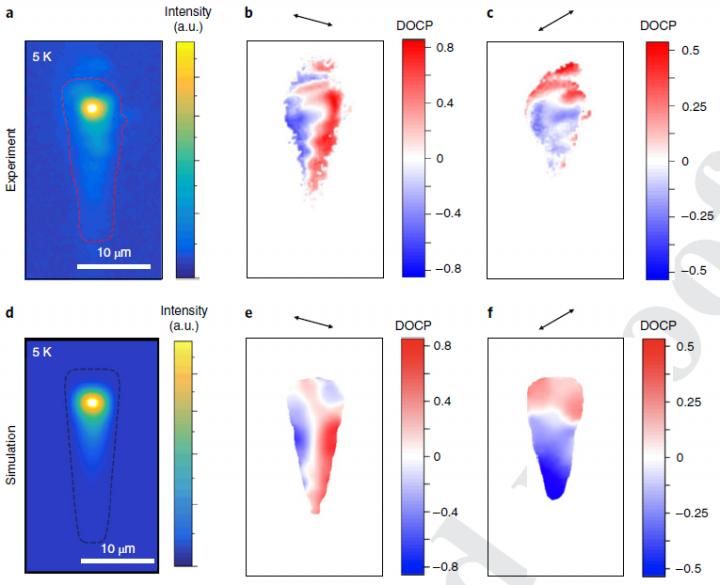ALON — Transparent Aluminum — is a ceramic composed of Aluminium, Oxygen and Nitrogen. Transparent Aluminum, was once pure science fiction, a technical term used in a Star Trek Movie from the 80’s.
In the movie Star Trek 4 The Voyage Home, Captain Kirk and his team, go back in time to acquire 2 whales from the past and transport them back to the future. Scotty needed some materials to make a holding tank for whales on his ship, but had no money to pay for the materials.
So Scotty uses his knowledge of 23 third century technology and the manufacturers computer and programs in, how to make the Transparent Aluminum Molecule.
Transparent Aluminum or Aluminum Oxynitride, also known as ALON, is much stronger than Standard Glass and over time will become cheaper to make, but until then will most likely be used for NASA & the Military.
Thanks for watching
____________________________________________________________________






